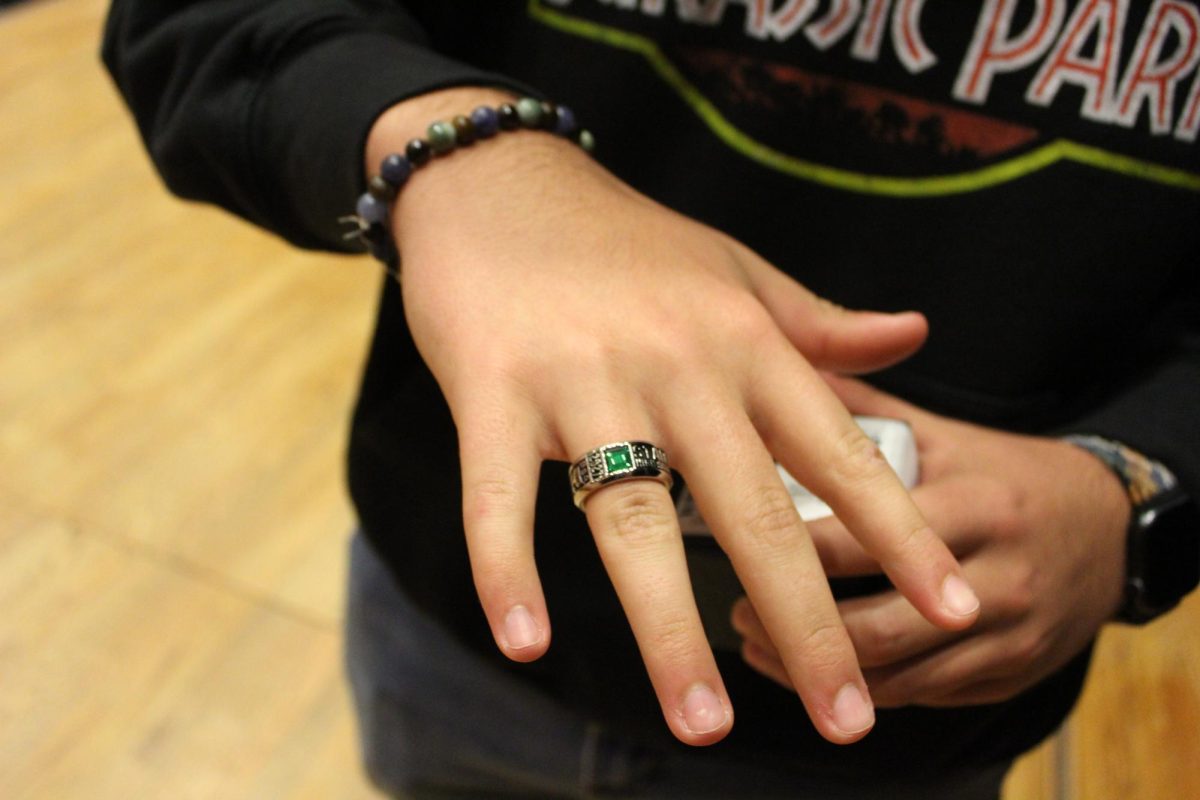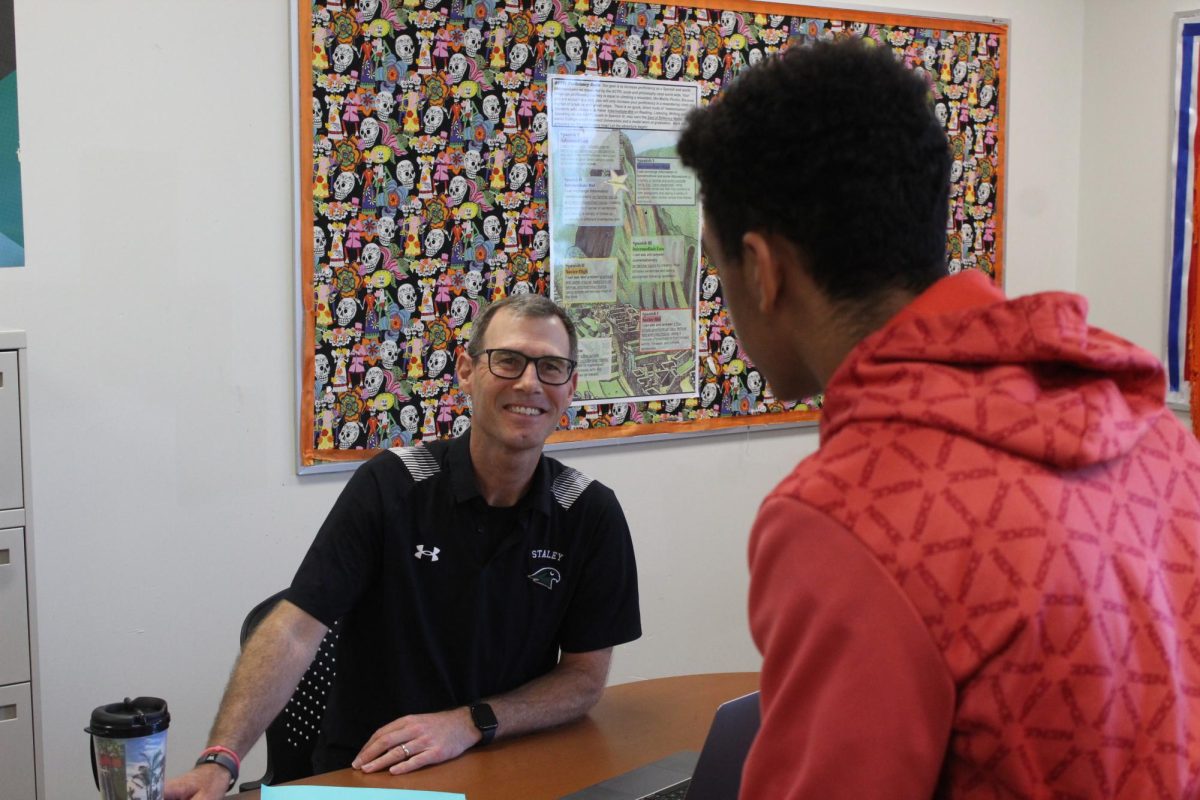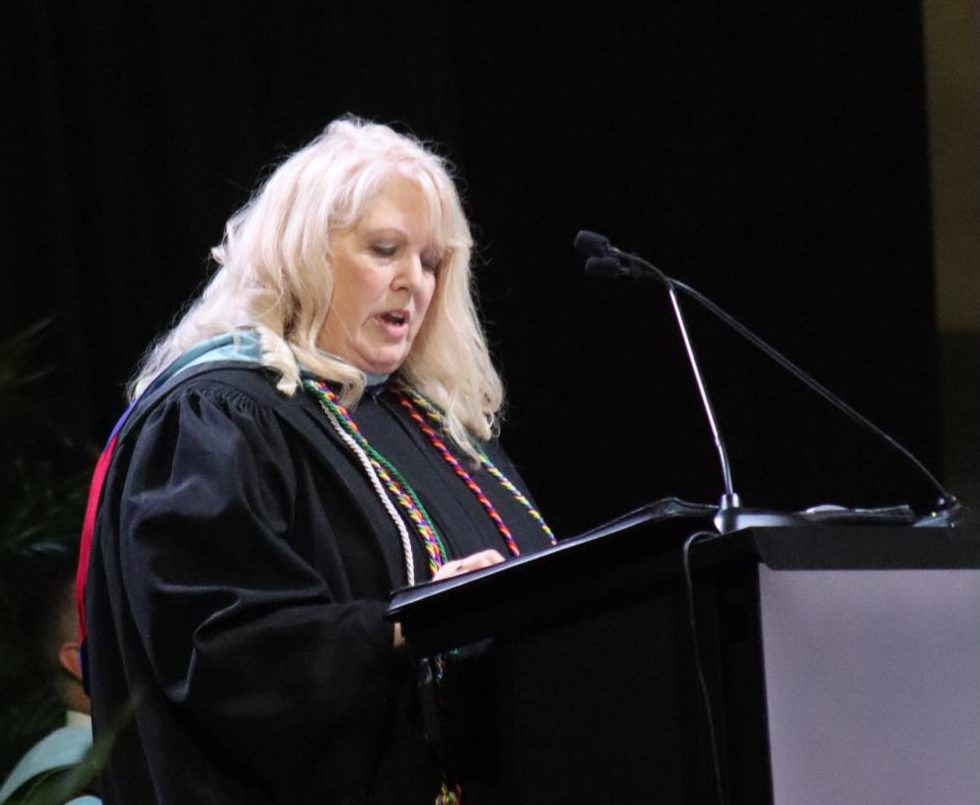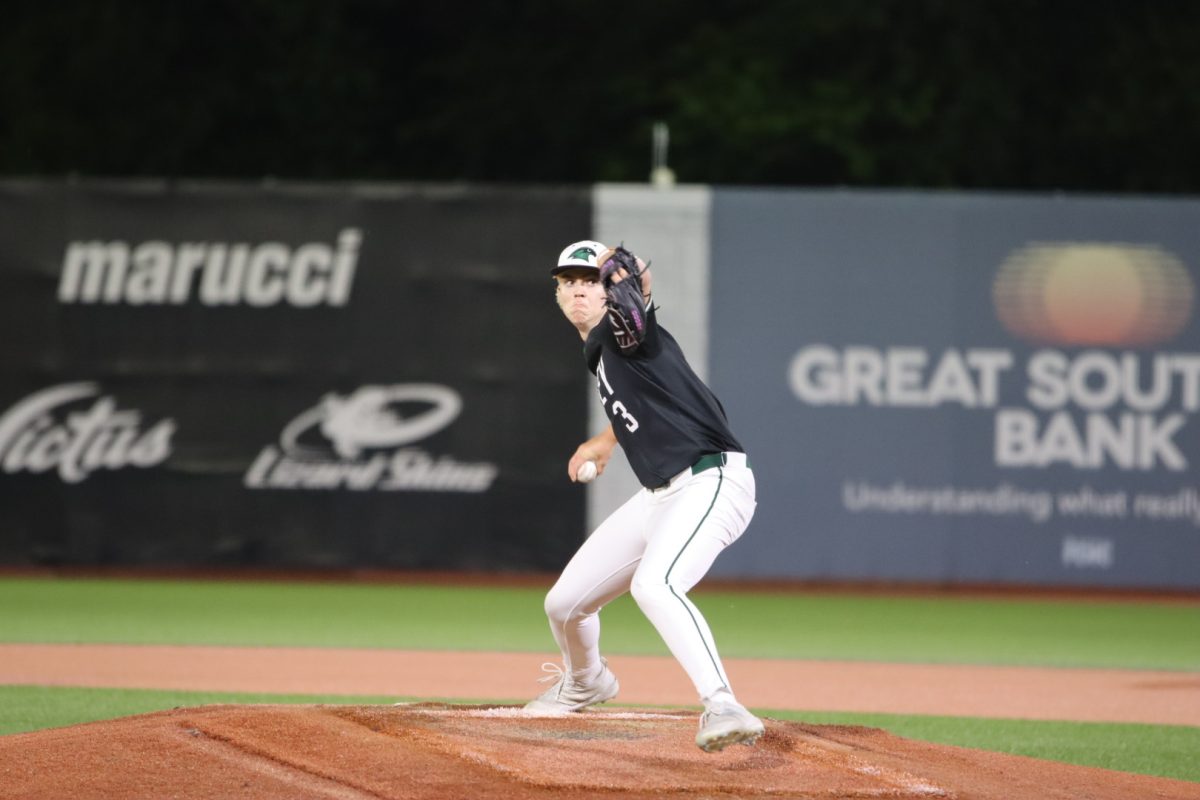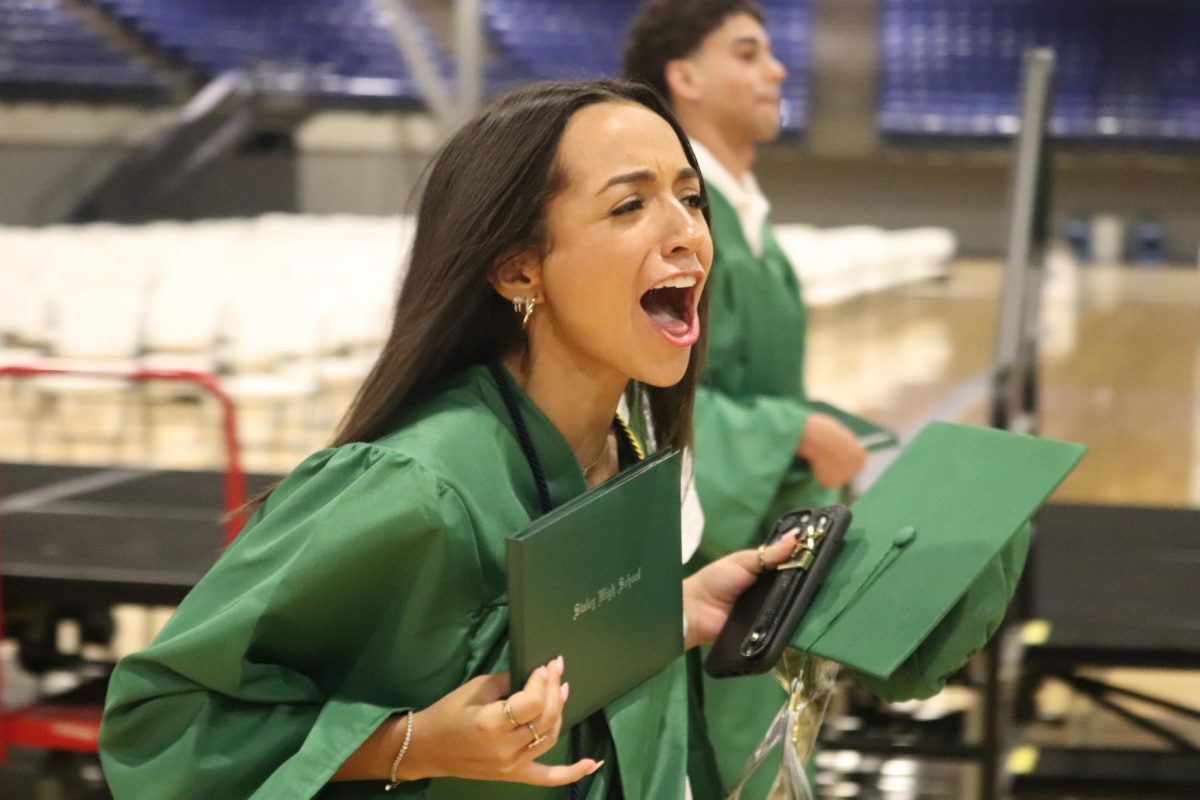System Update: District Enforces New Cell Phone Policy
Survey Shows Phone Ban Is Unpopular Among Students
November 12, 2022
The cell phone ban has its share of critics. In a survey of 204 students, 28% were in support of the policy, and 72% were against it.
Phones were banned during class time, which has brought out some strong opinions.
Junior Lauren Dyke said her phone was confiscated when she tried to check a GroupMe message for a school activity.”When we have our stuff done, it is unfair to not let us be on our phones,” Dyke said. “I got my phone taken away for a school activity.”
In August, the district announced the class time phone ban, with lunch and passing time being the exceptions. Students caught using their phones during class face consequences ranging from security taking their phone to lunch detention, and it can go as far as out-of-school suspension.Though the rules and consequences were laid out in the district’s announcement, the reason was unclear.

Superintendent Dan Clemens, Ed.D., said building principals led the discussion and decision making on the policy.
“All four high school principals noticed returning from COVID that our phones were being attention getters during class time,” Clemens said. “They built the policy themselves amongst the four high school principals.”
Principal Larry Smith, Ed.D, said principals discussed how to increase student engagement and collaboration.”One of our focuses is student-to-student collaboration,” Smith said.
“Working together in class to solve problems, analyze things, create things, design things. When we were talking about that instructional model, we started to talk about barriers to that, and cell phones is something that came up.”
Clemens agreed that the goal was to increase engagement, and said the ban was going well.
“I have been in all four of our high schools, and from a staff perspective, they do think engagement is up,” Clemens said. “Student engagement and student interaction is up.”
While in the minority, there are students who are fine with the policy. Junior McKenna Armstrong said she felt it increased connectedness among students.
“People interact with each other more than they did before,” Armstrong said.
Clemens also said the ability to use technology responsibly is a skill needed for the future.
“I also want kids to learn how to utilize electronic devices in a means that will support them when they get in the professional world,” Clemens said. “I want students to understand this can be a potentially really good thing to learn this balance here.”
Clemens said he believed the ban would be a long-term change. However, he did say future changes in the policy would likely be dependent on building-level administration.
“It would be unfair for me to sit at central office and tell you what is best for Staley High School,” Clemens said.




